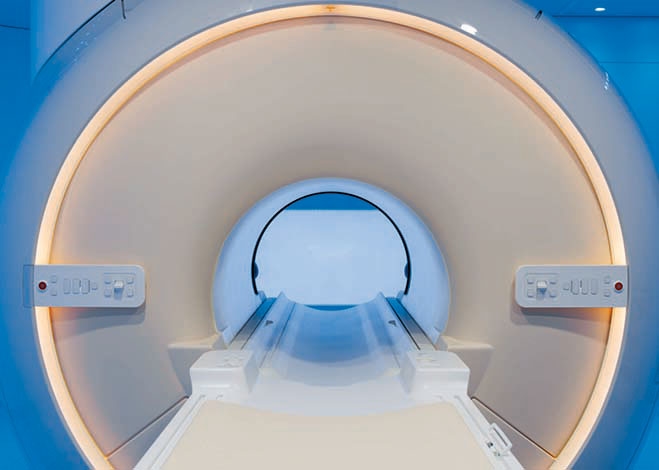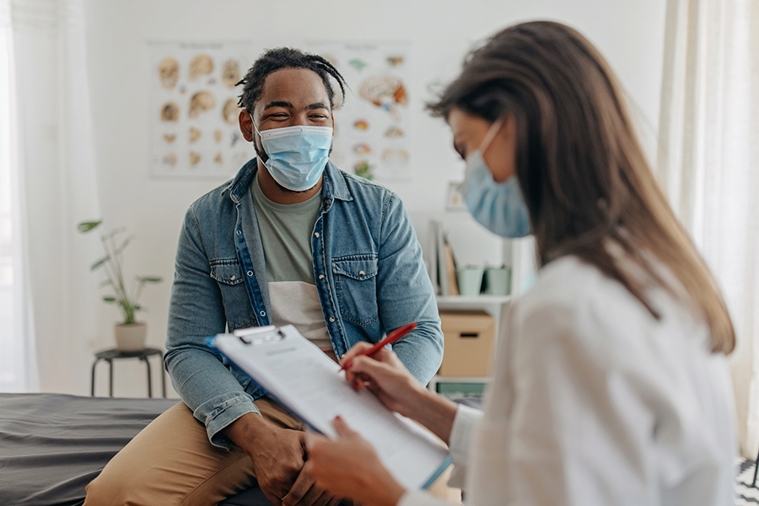Answering Your Questions About Lung Cancer Screening
Oct 7, 2022

The statistics around lung cancer are sobering. Each year, more people die of lung cancer than of colon, breast and prostate cancers combined. That’s why screening for this serious disease is so important. When lung cancer is caught early, is much more treatable.
Perhaps your physician has recommended lung cancer screening through a low dose CT scan (read our blog about why it may be a good idea for you). You might be asking some of the questions below—read on for the answers!
Why is lung cancer screening important?
Most people with early-stage lung cancer do not have any symptoms, which is why screening is important. Lung cancer is also highly curable if found early. Screening is not a one-time test. It’s a process of repeat chest CT exams to look for suspicious lung nodules that develop or change over time.
What is a CT scan?
A computerized tomography scan, commonly called CT or a CAT scan, produces detailed images of a person’s body. The technologist takes a low-radiation dose CT scan of your chest to help find cancerous lung nodules. The screening exam is quick and painless and does not involve any needles or intravenous contrast dye.
What if results show possible lung cancer?
After review, your physicians will discuss the results with you and the best option for treatment or further evaluation.
What if you find something that isn’t cancer?
You should not be overly concerned if your report indicated you have small lung nodules. Most people who meet eligibility for screening will have some. Nodules are very common--at least 50% of people have them by the time they are 50 years old. Although a large majority of these nodules are benign, meaning they aren’t cancerous, they will need to be followed over time and monitored for changes.
CT scans may also pick up other findings that may help you and your doctor, such as emphysema, infections or calcification of the coronary arteries.
What can I do to decrease my risk of cancer?
The most important thing that you can do to decrease your risk of lung cancer is to stop smoking. Following a healthy diet and getting regular exercise are also very important.
If you have more questions about lung cancer screening or your cancer risk, your healthcare provider is the perfect one to ask. Looking for primary care services? Find a provider near you.


